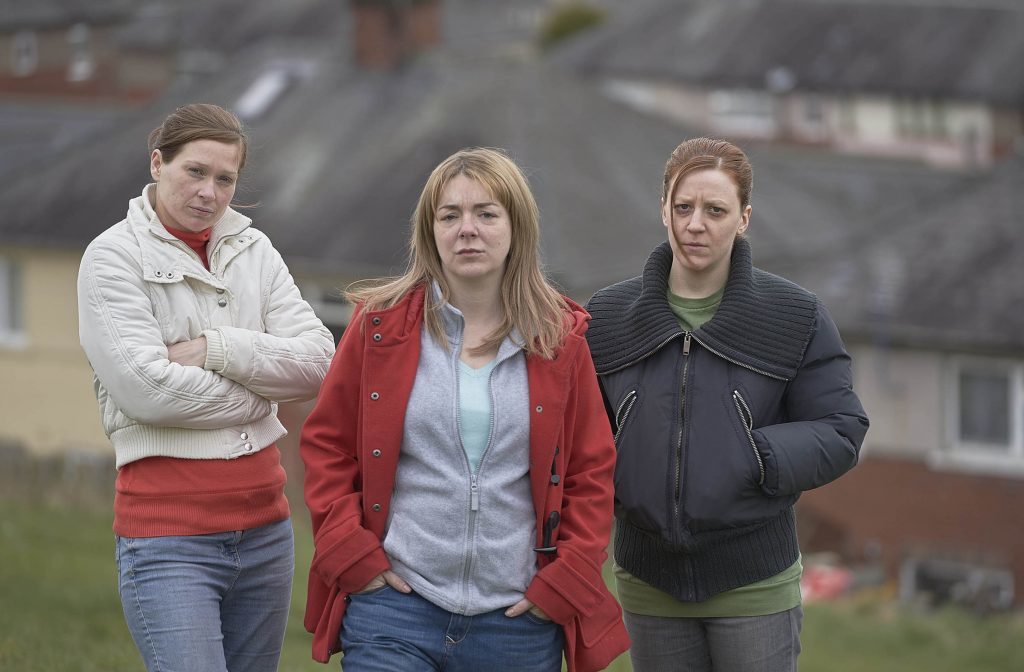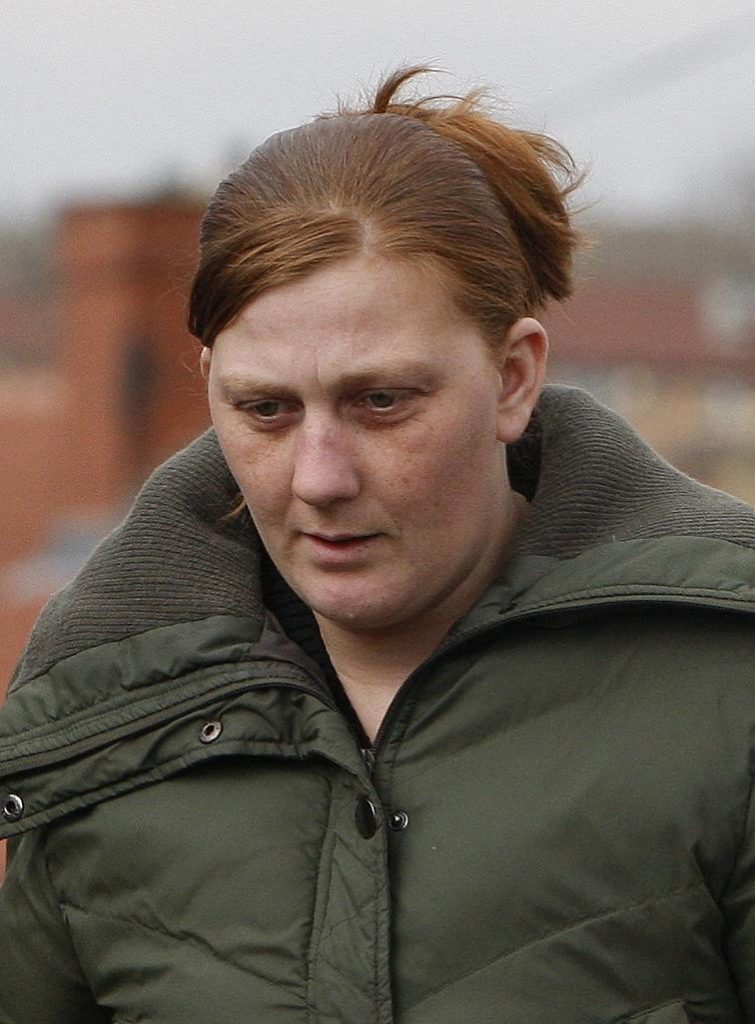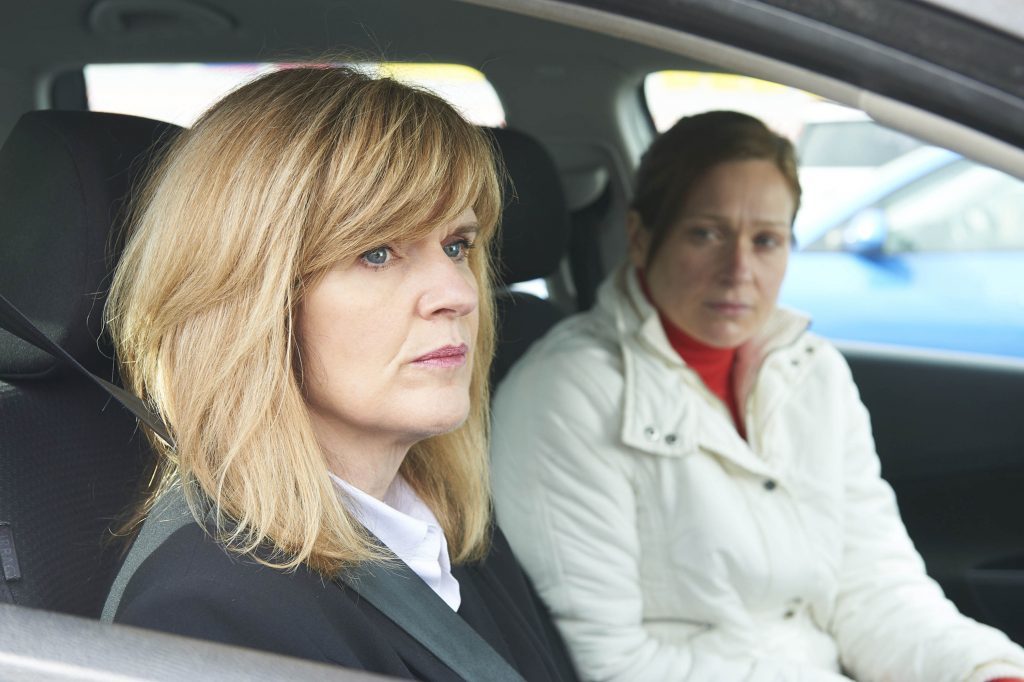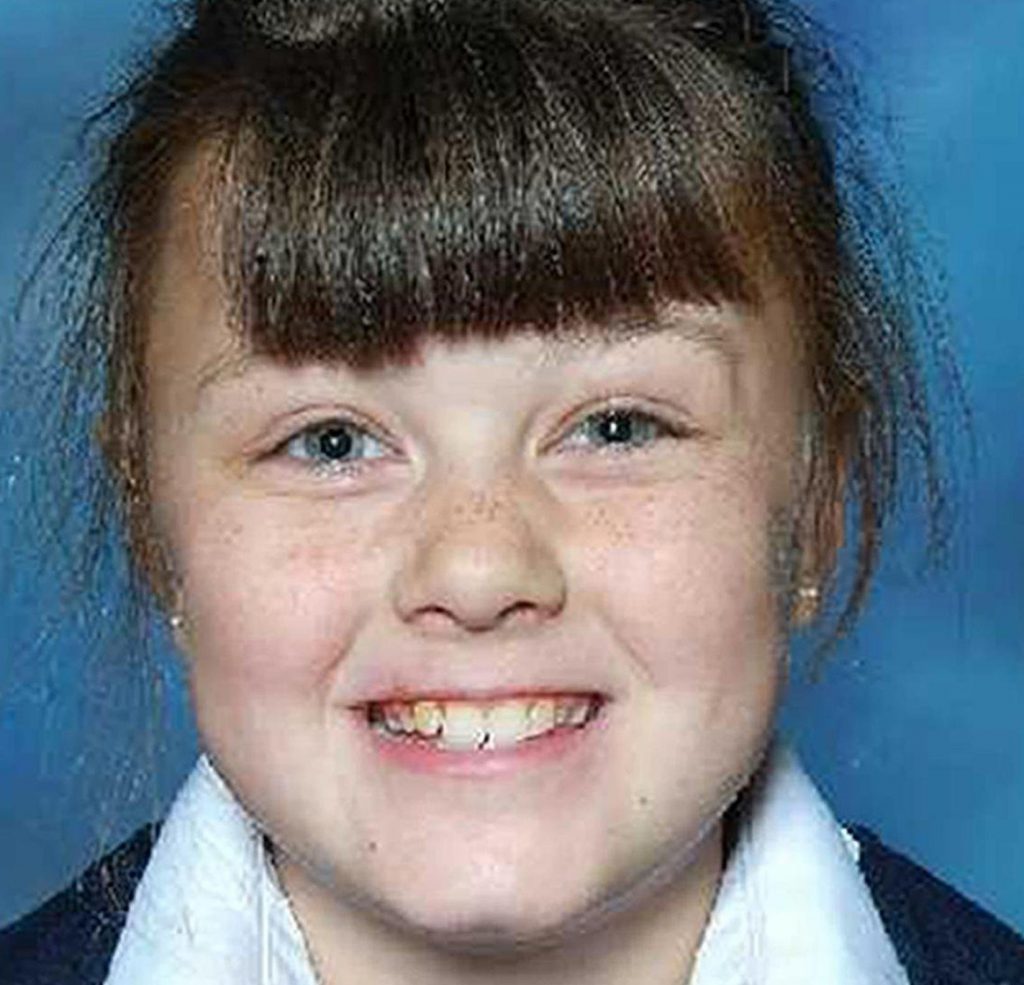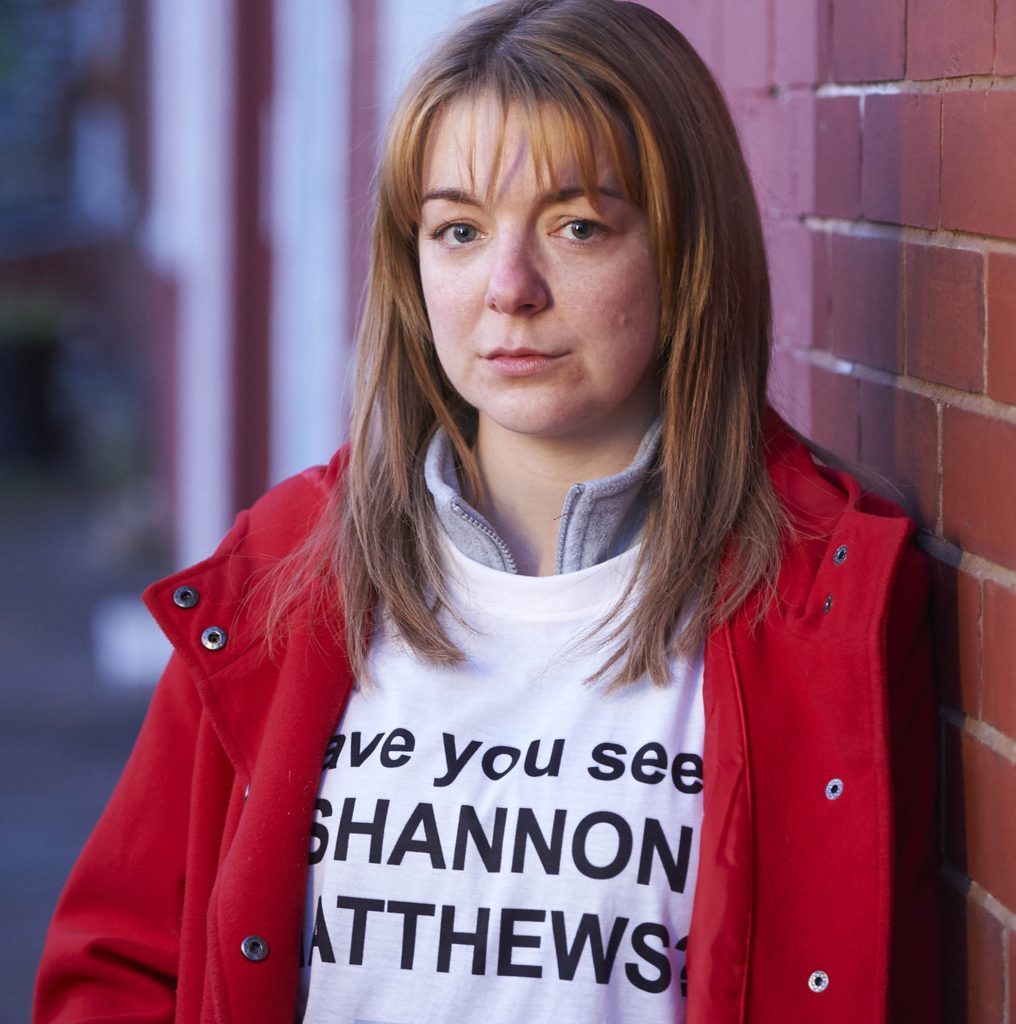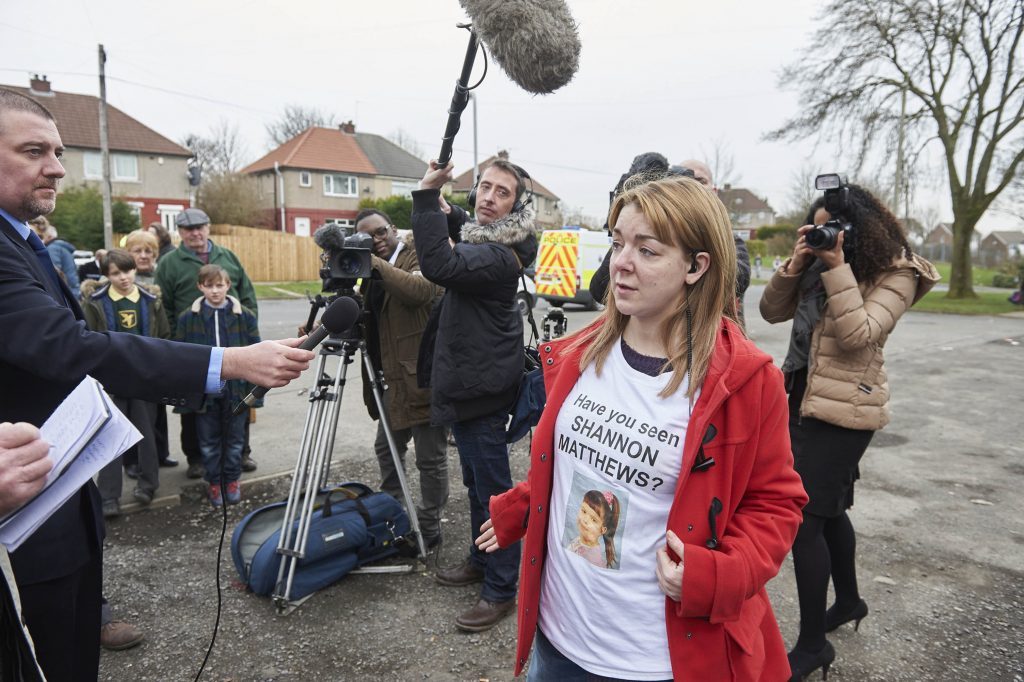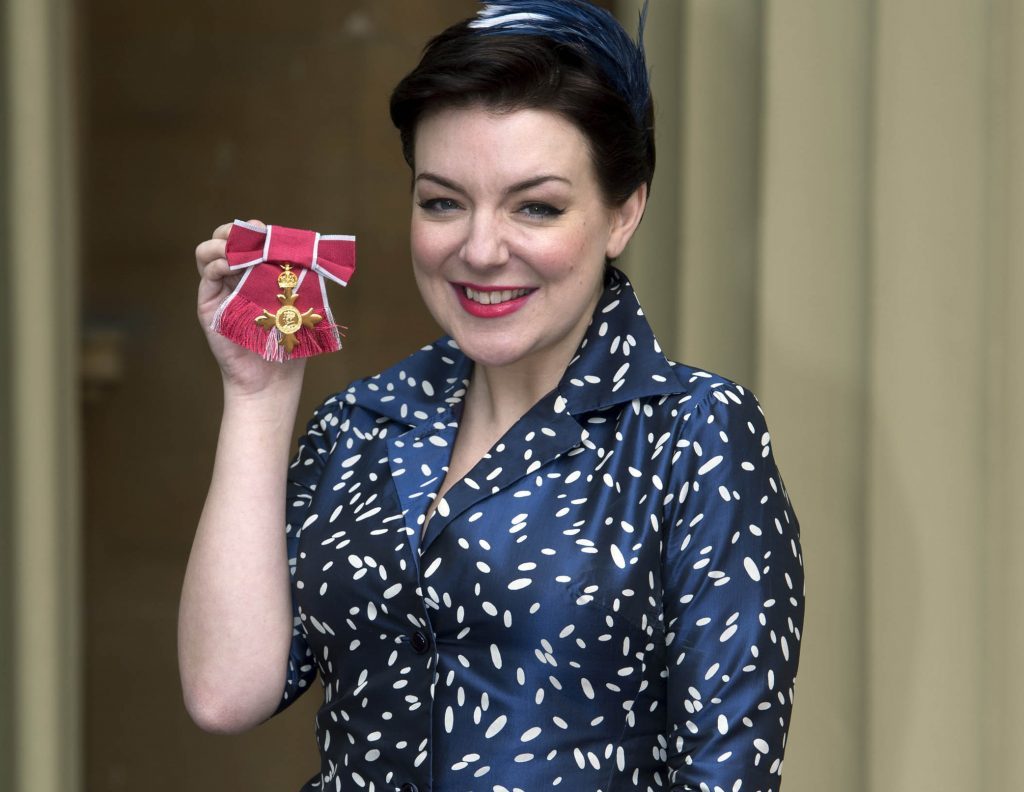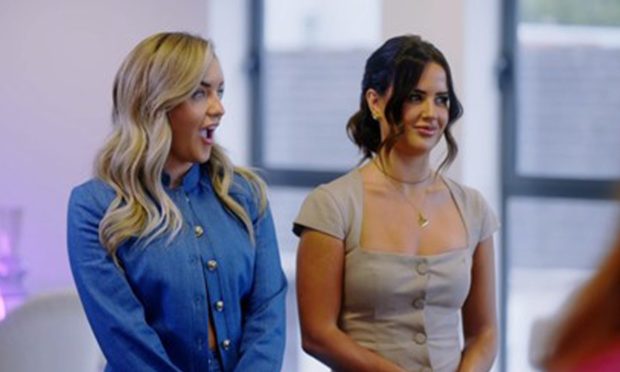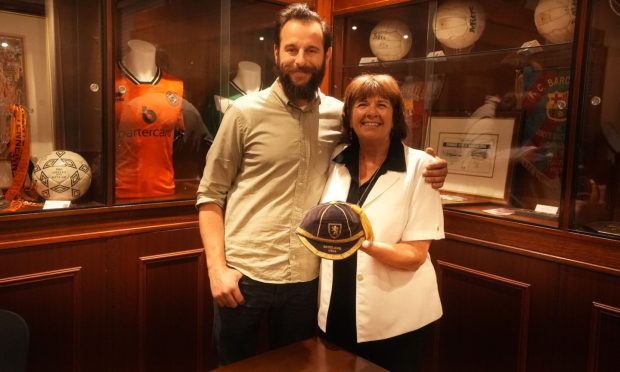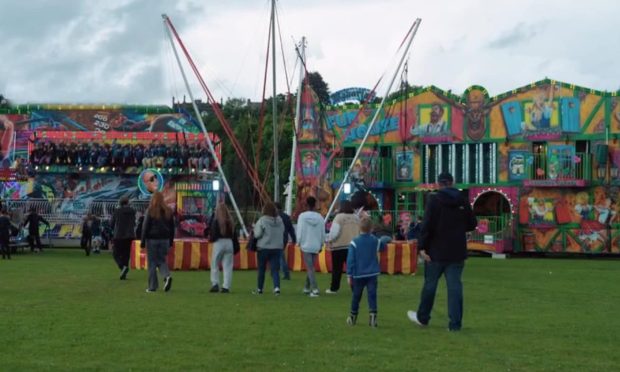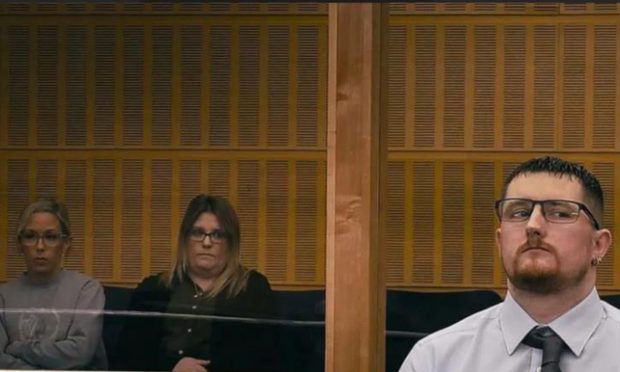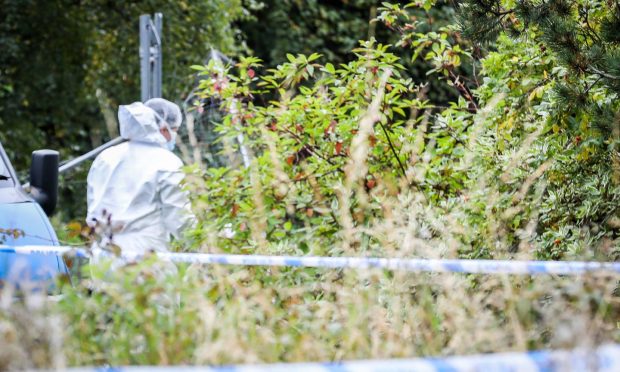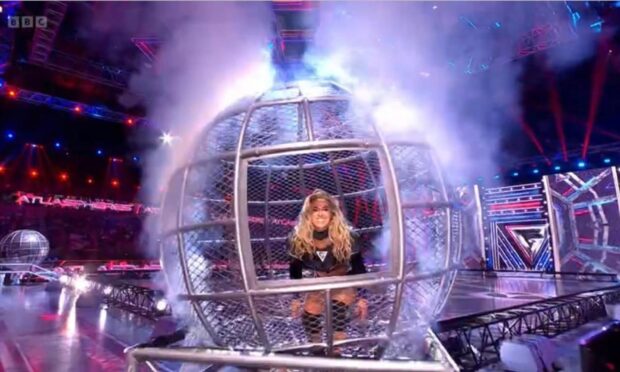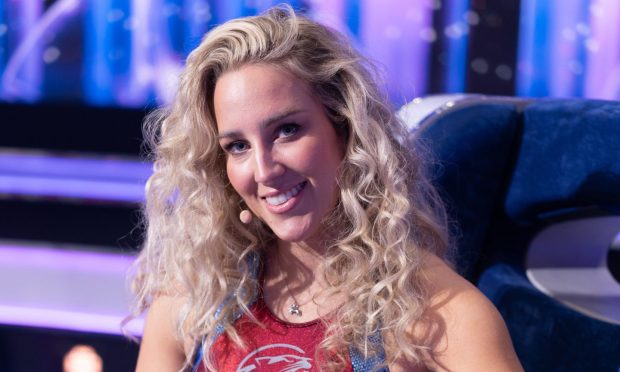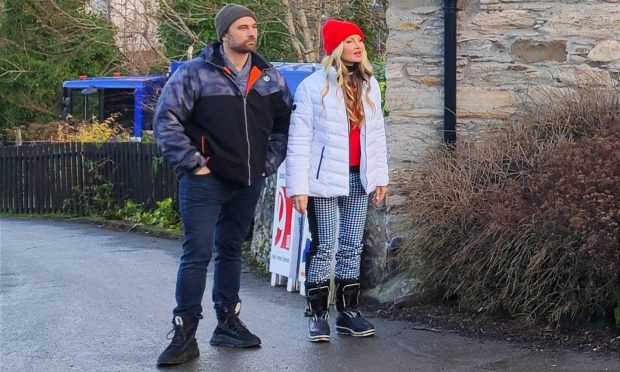As the grandparents of hoax kidnap girl Shannon Matthews express anger at a BBC docudrama airing on February 7, should some topics be off limits for TV? Michael Alexander reports.
It was the missing person inquiry that shocked a nation when it emerged a mother had kidnapped her own daughter and held her captive.
For 24 days, in February and March 2008, Karen Matthews was known across the country as the distraught mother from Dewsbury, West Yorkshire, desperate for her missing nine-year-old daughter Shannon to be returned home safe.
Today, she remains among the country’s infamous characters – a mother who allowed her daughter to be falsely imprisoned at a co-accused’s flat – while hundreds of people searched in vain for Shannon on the Moorside estate.
Matthews, and her accomplice Michael Donovan, were jailed in December 2008 after Leeds Crown Court heard that the pair kept Shannon “drugged, subdued and hidden from the public” so they could claim £50,000 in reward money.
But almost nine years after the youngster was held captive under a bed less than a mile from her home, is it fair game to make such an unforgivable crime the subject of a BBC docudrama, or should such sensitive subjects involving a still living victim remain off-limits?
The grandparents of Shannon Matthews certainly think the concept is out of order.
They have strongly criticised the BBC drama, The Moorside, which begins on BBC One tonight (TUES) and depicts how locals attempted to find Shannon, who is now 18.
Shannon’s grandmother June Matthews, 73 – who is Karen’s mother – said the traumatic events were not “entertainment” and that it was “sick and disgusting” to make the programme.
She said: “Shannon deserves to live her life in peace. What happened to her was a trauma, a tragedy. It is sick and disgusting that it is being turned into a TV show.
“It isn’t entertainment, it’s real life. If she sees it, Shannon is old enough now to understand that it is about her. How is that fair? It will upset her.”
June’s husband Gordon, 75, said: “I won’t have that programme on in this house.”
Docudramas are nothing new, and there’s no denying they are often amongst the most powerful forms of television.
Recent examples, made by the same team as The Moorside, include Bafta-winning Appropriate Adult which dramatized the story of serial killers Fred and Rose West, and See No Evil – The Moors Murders, which told the story of Myra Hindley and Ian Brady, who were convicted for abducting, raping and torturing five young victims in the 1960s.
It can be argued that what protected these series from sensationalism or prurience is distance of time and perspective.
Courier TV critic Paul Whitelaw said it’s understandable why viewers may be concerned about the potential impact of the docudrama.
But having watched advanced screenings of both episodes, he believes it can be justified as it goes out of its way to protect Shannon – and, while not justifying what the mother did, it does explore her own “damaged” background.
Paul said: “Every time there is a new docudrama, especially when the people featured are still alive, I always approach them with caution and am slightly sceptical.
“What gives this one strength, however, is that it’s been made by a highly regarded team of writers and producers – responsible for dramas on Fred West, the Yorkshire Ripper and the Moors Murderers – who do a lot of research and handle it very sensitively.
“It never shows the crime itself. You don’t see Shannon. It’s all about the aftermath and how the neighbours dealt with it.
“Karen Matthews was pilloried in the press in real life. Yet viewers when they watch this may actually feel some strange sympathy for her when they realise she herself was misguided and stupid but not evil. She was a damaged person.
“If the finger should be pointed at anyone, perhaps it should be at the media for the way news coverage demonised the working class.”
“Appropriate care and sensitivity needs to be applied to the needs of all individuals concerned. It is important to remember that these dramas are about real people”.
Following the disappearance of nine year-old Shannon Matthews from The Moorside Estate in Dewsbury, The Moorside dramatizes how the police and community mounted a frantic search.
Despite their efforts, no trace of her can be found and within a few hours the police investigation takes on the scale of a murder enquiry.
Emotional public appeals for information from her mother Karen Matthews amount to nothing, and the community, led by Julie Bushby, stand by her and make extraordinary efforts of their own to find Shannon.
Despite the support, doubts are beginning to creep in for some regarding Karen’s behaviour.
Friend and neighbour Natalie (Sian Brooke) struggles with her conscience as she becomes convinced that Karen knows more than she is revealing.
Just as all hope is close to fading, Shannon is found alive. The wild celebrations of Julie and the community are rapidly cut short when they learn that Shannon was being held by a man known to Karen.
*Part one of The Moorside airs on BBC One at 9pm on Tuesday February 7.
